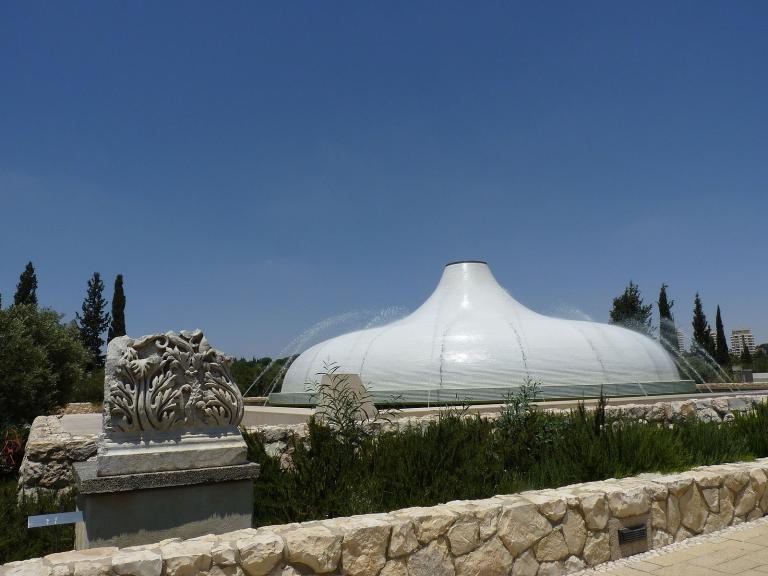
Another small dose of The Manuscript:
Since 1948, of course, there have been other wars, in 1956, in 1967, and 1973, and a state of almost permanent tension and frequent military clashes between Israel and her neighbors. After the fighting of 1948 came to an end, the new Israeli state signed armistice agreements with Syria, Jordan, Lebanon, and Egypt. But the Arab states did not consider the war to be over. In their view, this was merely a lull in the fighting, and they often allowed various Palestinian groups to use their territory as a staging area for raids into Israel. Eventually, in 1964 the Arab states, led by Egypt’s Gamal Abdel Nasser, grouped these various Palestinian movements under one umbrella organization, which came to be known as the Palestine Liberation Organization, or PLO. (The May 1964 meeting in which the PLO was formally established was held in the Intercontinental Hotel in what was then Jordanian-held east Jerusalem. This hotel, now known as the Seven Arches, is a landmark familiar to many Holy Land tourists even today) In its early stages, the PLO was basically a tool of the Arab regimes. It was first and foremost, perhaps, an instrument to control the Palestinians, to prevent them from trying to establish an independent state in Gaza and the West Bank; only secondarily was it designed to support them in their struggle against the Israeli occupation of their lands.
The war of 1967, often referred to as the “Six Day War,” reinforced Israel’s image as the almost invincible David who was confronted by a bumbling Arab Goliath. At the same time, it redoubled Arab agony. Arab poets gave anguished voice to the sense of shame and humiliation that seized their people after the Six Day War. I quote from a poem entitled “Footnotes to the Book of the Setback,” by the Syrian writer Nizar Qabbani. It attacks the pompous posturing of Arab leaders, backed by no real achievements. It denounces them for taking their immense oil revenues and wasting the money on high living and corruption, rather than using it to fight and to rebuild the Arab nation. (Interestingly, in the early 1970s, in the oil boycott that hurt economies and created waiting lines at gas stations around the world, Arab leaders did eventually begin to use their petroleum resources as an effective weapon.) Qabbani’s poem criticizes Arab governments for their disunity, for the incessant bickering that allowed the Israelis to divide them and to conquer them. Not surprisingly, the poem was banned throughout the Arab world. But as a result of that ban, it was secretly printed, smuggled into every Arab country, and committed to memory by thousands of angry Arabs.
[The poem will follow in my next relevant entry.]
Posted from Jerusalem, Israel










